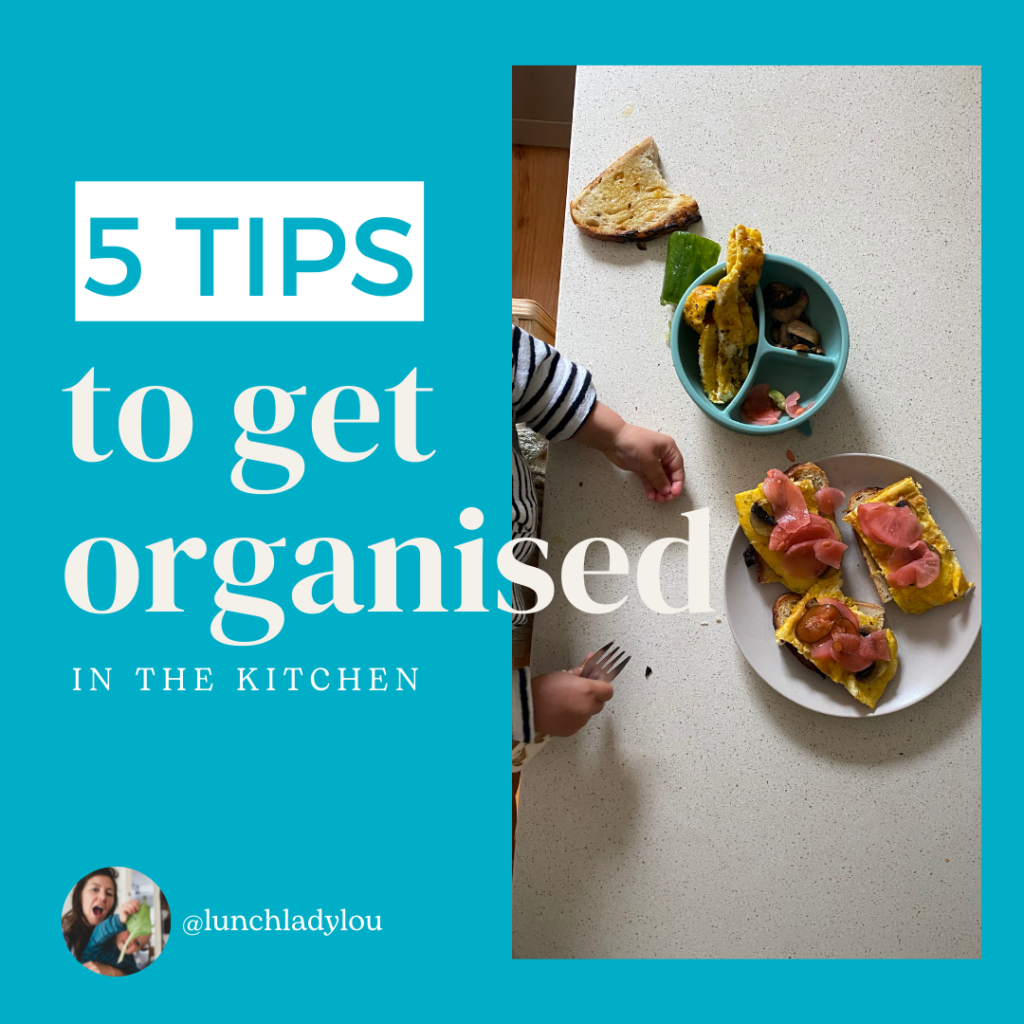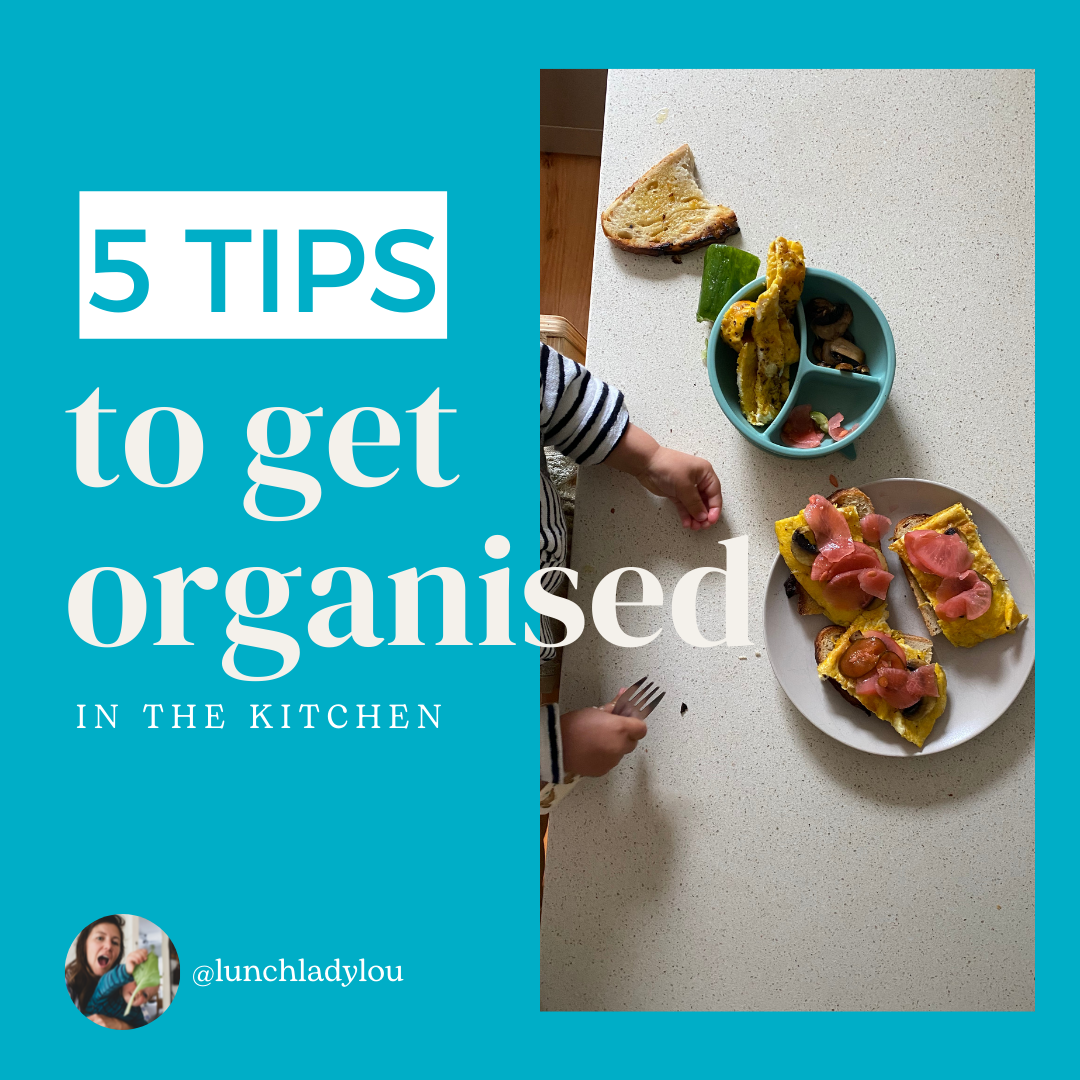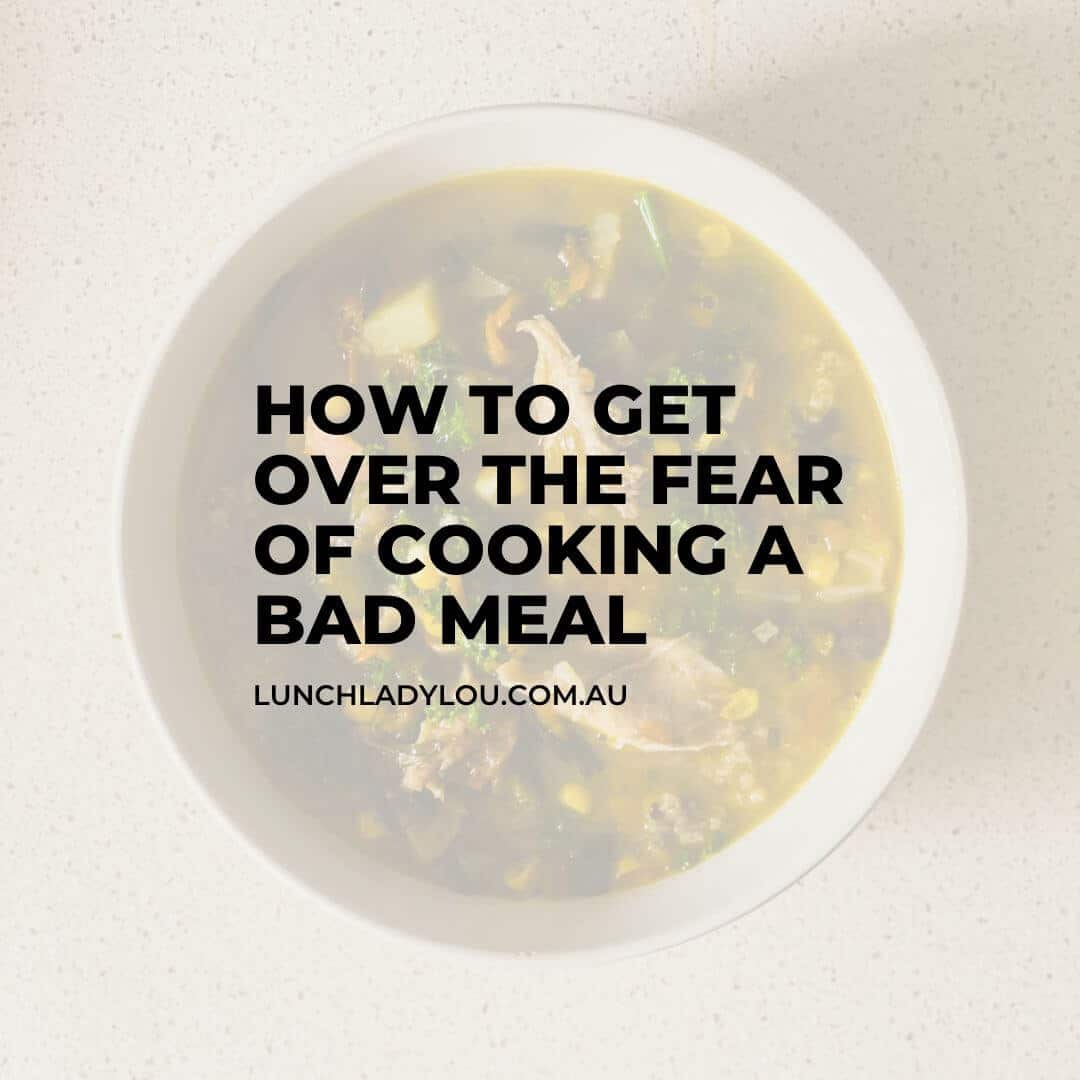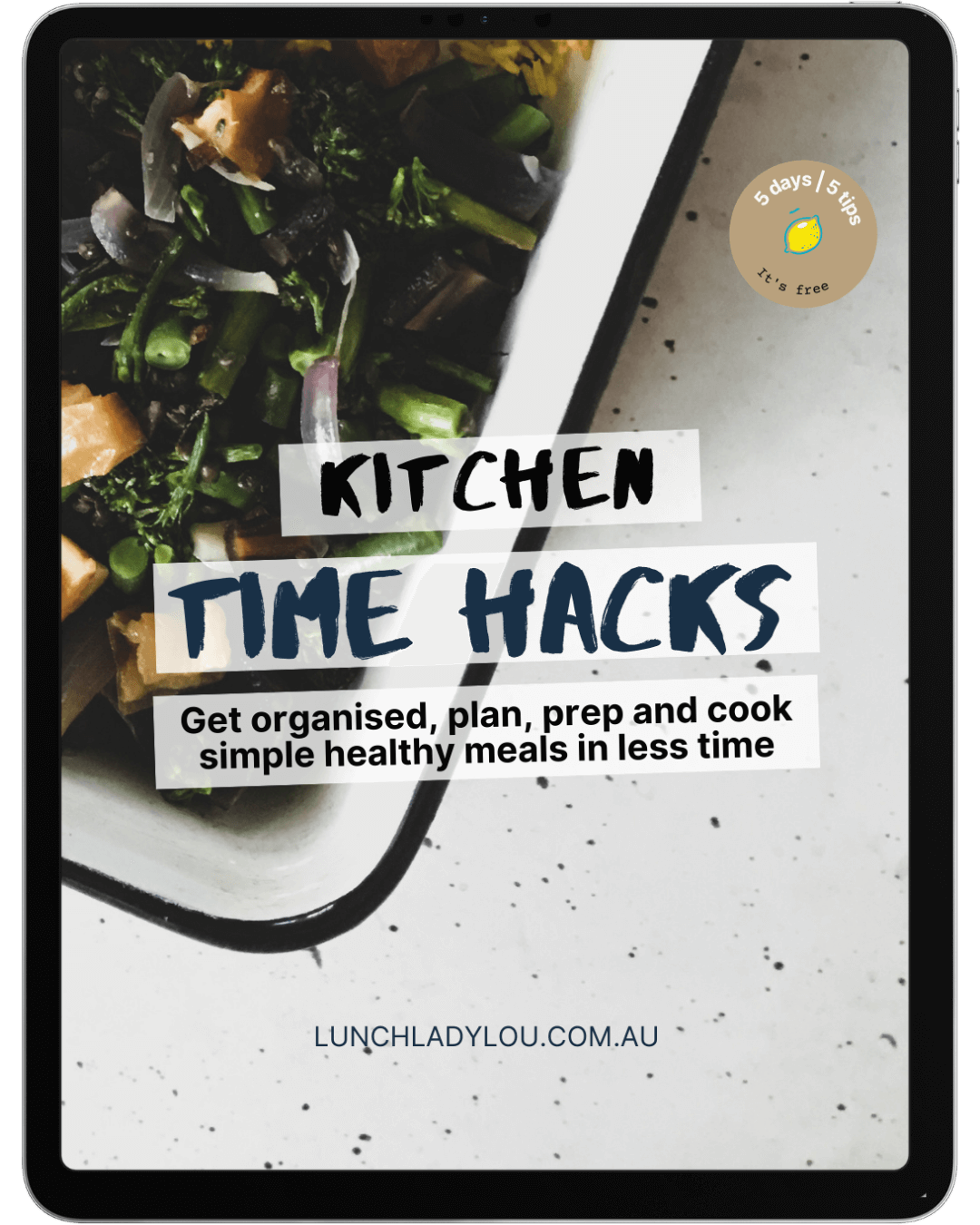5 TIPS TO GET ORGANISED IN THE KITCHEN
1. Order your veggies for delivery
I use Ooooby (they deliver around sydney) and to my door every week.
The best bit about a veggie delivery box is it’s set and forget. Meaning, I don’t even have to think about buying the veggies OR what to buy. They show up every week.
I also save 1.5 hours of my time not having to go to the shops. 1.5 hours is my average meal prep time for the week, which feels like it’s cancelling each other out as I may not be so excited to spend 1.5 hours prepping on top of a 1.5 hour grocery mission.
You can learn more about Ooooby
here.
2. Spend some time on the weekend meal prepping
This could be pre-chopping carrots for snacks and veggies for your dinners for 3 nights. I like to precook my onions as this saves me 15 minutes a night!
I like to spend around 1 hour to 1.5 hours meal prepping. However, I don’t do this every week. Some weeks I go in blind with nothing prepped at all. I adjust depending on my energy, what commitments I have that week and our plans on the weekend. I have purposely stopped making a big deal out of prepping (even though I love it). So there’s no pressure and if it doesn’t get done I adjust during the week and usually by Wednesday I have a few items prepped.
3. Plan your meals
This could look like a structured approach of allocating meals to nights or an unstructured approach by allocating an ingredient or theme to a night.
Structured meal planning looks like allocating a specific meal to each night of the week and shopping accordingly. With a structured meal plan, there’s less thinking involved and it can suit you if you’re getting started being more organised in the kitchen. The con of structured meal planning is that you’re somewhat locked in to what you’ve purchased due to spoilage.
Unstructured meal planning looks like preparing a few ingredients and locking yourself into eating them during the week but no real clarity of when or how. Another version of unstructured meal planning or 50/50 meal planning is to allocated a theme to a night. For example: Monday – rice, Tuesday – noodles, Wednesday – tray bake.. to name a few.
I mostly prefer an unstructured approach but I do find that structured meal planning can be better for budgeting and potential food waste. Unless you have some extra spare time to allow for a small stocktake of your fridge on a weekly-ish basis.
4. Create an emergency meals list.
This is a list of meals you can confidently throw together in 15 minutes or less. Eg: omelette, share plate of chopped veggies with an interesting dip, pasta with pre-cooked frozen meat. This list will save you from yourself when you start banging on about not having time to cook.
This list may not be the most nutritionally sound but it does the job. If you’re wanting to get in the habit of cooking home cooked meals more often and cooking with what you have, this is a great place to start.
5. Build the Flavour Town in your fridge.
This is a collection of delicious ingredients and toppings that make cooking meals easy and stress free. Most of these I buy. Consider them the best condiments that will excite you to make a bowl of plain quinoa and see how delicious you can make it with these exciting topping (that you didn’t have to make) Like: haloumi, labneh, hummus or another dip, olives, kimchi, pate, yoghurt, fresh herbs, sundried tomatoes.
I talk about the concept of Flavour Town in my free guide Get Your Shit Together.
Grab your copy here.












